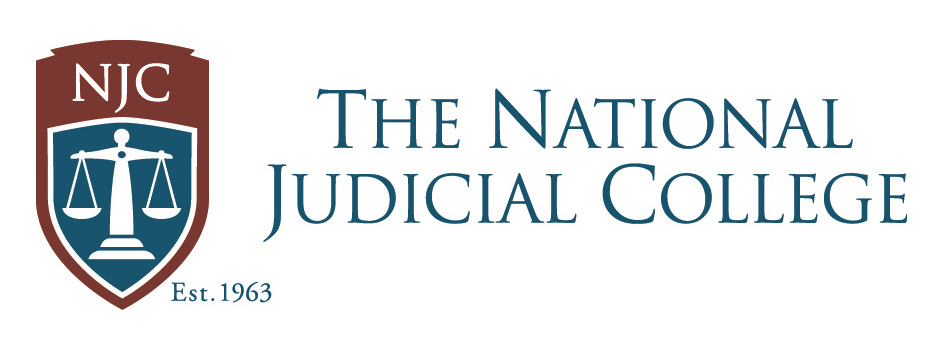Judges Nationwide Back Ethics Code for SCOTUS
National Judicial College poll shows 97 percent of respondents in favor

Ninety-seven percent of the 859 judges who responded to the National Judicial College’s June 2022 Question of the Month — “Should U.S. Supreme Court justices be bound by a code of ethics?” — responded yes, according to an NJC press release posted last night.
Supreme Court justices are famous for being the only judges in the U.S. without such a code.
“The implication here is that if we, the municipal, state and lower federal court judges, must abide by a code of conduct, so too should the judges in the highest court in the land,” Fix the Court executive director Gabe Roth said. “It’s inexcusable that SCOTUS exempts itself from the basic ethics rules that every other judge in the country must follow.”
Judges in favor of a code at SCOTUS pointed to the absurdity of the justices’ current exemption:
— “They should set a very high bar for the rest of us to emulate” (Texas District Court Judge Michael Mery)
— “It’s ludicrous that every holder of judicial office […] has to adhere to a strict ethical code, yet the justices of ‘the highest court in the land’ do not” (Big Flats (N.Y.) Town Justice Paul Hart)
— “Any debate on this is as ridiculous as debating whether a trial court judge should be able to hear [their] own adult child’s contested divorce” (Alaska Superior Court Senior Judge Beverly Cutler).
When other groups have asked a similar question to members of the public, support has also been exceedingly high. A poll commissioned by C-SPAN in March found (p. 17) that Americans by a 72-15 margin say “Supreme Court justices need their own code of ethics” (the rest “don’t know”), and one commissioned by Politico in May found (p. 7) that Americans by a 74-11 margin approve of “binding justices to a code of ethics” (the rest “don’t know / [have] no opinion”).
The issue of SCOTUS ethics has been thrust into the news recently, as with each passing month the public learns more about the role Ginni Thomas played in the effort to overturn the results of the 2020 presidential election. There has yet to be a direct link to Justice Thomas, though he was the lone dissenter in a petition concerning whether Trump could block the National Archives from sending documents to the Jan. 6 Committee, and Ginni mentioned “a conversation with my best friend” — i.e., Clarence — in one of her Nov. 2020 texts to Mark Meadows that’s been made public.
Fix the Court has called on Justice Thomas to recuse in all 2020 election and Jan. 6-related cases due to his wife’s “interest” (cf., 28 USC 455(b)(5)(iii)) in the outcome of these cases.
The organization has also updated its running list of ethical lapses, about five dozen, committed by the justices in recent years, an earlier version of which was submitted to the House Judiciary’s Court Subcommittee this spring to aid in its judicial ethics research.
Last month, the House Judiciary Committee advanced a bill endorsed by Fix the Court and modeled after earlier bipartisan legislation that would require the Supreme Court to issue a code of conduct for itself. Sadly it was voted out along party lines.
Added FTC deputy director Tyler Cooper: “If Republicans believe that Justice Thomas has been acting ethically, then they have nothing to fear regarding the imposition of a Supreme Court ethics code.”
In a recent Twitter Spaces interview, Chairman of the HJC Courts Subcommittee Hank Johnson said he expects the full House to vote on the bill before the August recess.
A link to the NJC “Question of the Month” release is here. Per the NJC: “Each month the College emails an informal, non-scientific, one-question survey to its more than 12,000 judicial alumni in the United States and abroad. The results are not intended to be characterized as conclusive research findings.”